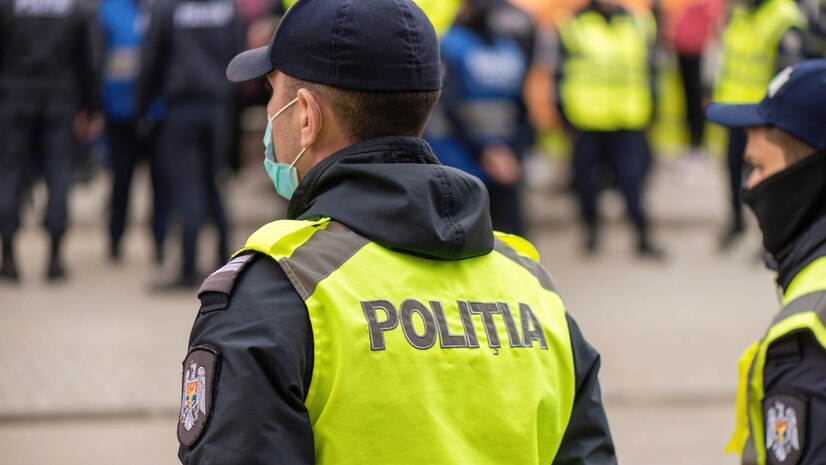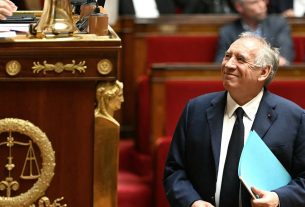Germany’s New Year’s Eve celebrations were marred by violence, tragic accidents, and riots, with at least five fatalities and more than 400 arrests. The festive night, typically marked by fireworks and revelry, descended into disorder in multiple cities, highlighting the ongoing dangers associated with public celebrations and the use of pyrotechnics.
Tragic Accidents Linked to Fireworks
The celebrations turned deadly in several regions due to mishandled fireworks. In North Rhine-Westphalia, a 24-year-old man died after a homemade firework exploded prematurely near Geseke. Another two individuals, aged 45 and 50, also died when fireworks they were holding exploded in their hands. A 20-year-old in Hamburg tragically lost his life after a homemade firecracker detonated unexpectedly.
While fireworks are a traditional part of the German New Year’s festivities, these incidents underscore the dangers posed by unsupervised, homemade pyrotechnics, which have led to numerous injuries and fatalities over the years.
Riots and Violence in Berlin
In Berlin, the celebrations took a violent turn, with police clashing with rioters across the city. Over 400 people were arrested in connection with a series of confrontations, which escalated into attacks on law enforcement officers. Thirty police officers and one firefighter sustained injuries during the clashes, leading to heightened concerns over public safety.
Authorities had deployed hundreds of officers in Berlin in anticipation of potential violence, but the scale of the unrest surpassed expectations. The chaos included assaults on emergency responders, with police in Hamburg reporting incidents where officers were “literally shot at” with fireworks, and in Leipzig, officers were attacked by groups of people throwing fireworks and bottles.
Growing Calls for Reform
This year’s events have reignited calls for reform regarding private fireworks use in Germany. Police and firefighter unions had previously advocated for a nationwide ban on private fireworks due to repeated attacks involving pyrotechnics on emergency personnel. Despite these warnings, the use of personal fireworks continues to be permitted for a limited number of hours on New Year’s Eve.
The scenes in Berlin were described by local officials as some of the “most intense” in recent memory. Lars Wieg, chairman of the Berlin police union, expressed shock over the scale of violence emergency services faced during the night, stating, “It is unimaginable what our emergency forces had to experience on this New Year’s.”
Official Reactions and Future Measures
German Interior Minister Nancy Faeser condemned the riots and vowed that those responsible would be prosecuted with the “utmost severity.” Berlin Mayor Franziska Giffey also spoke out, promising to address the issue of fireworks use and potential restrictions, suggesting a “partial firework ban” in collaboration with the state government.
The increasing number of violent incidents, combined with the ongoing risks associated with fireworks, has spurred a national conversation about the future of pyrotechnics during public celebrations. As the new year begins, officials and lawmakers will be under pressure to consider more stringent regulations that can balance tradition with public safety.
Conclusion
Germany’s New Year’s Eve celebrations, meant to be a time of joy, were overshadowed by violence, loss of life, and widespread disorder. The fatalities linked to fireworks accidents and the violent clashes between rioters and police are a stark reminder of the risks associated with both pyrotechnic displays and large public gatherings. As the country moves forward, calls for reform are growing, with greater scrutiny likely on the regulation of fireworks and the safety of both emergency services and the general public.
References:
- German Police Union (Press Release, 2025)
- Berlin Police Department (Statement, January 2025)
- German Interior Ministry (Official Comments, January 2025)
Picture by frimufilms on Freepik



